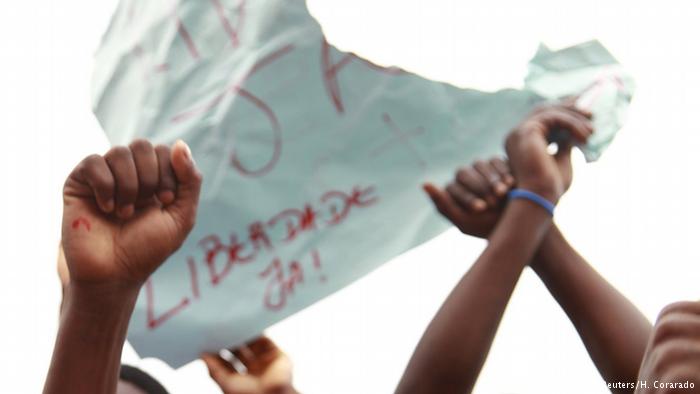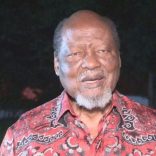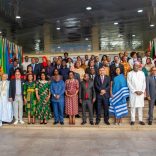Mozambique: Court releases Mondlane's financial advisor
Mozambique and Angola slide in German democracy index

Evaluations of Angola and Mozambique worsened in the Bertelsmann Foundation’s Economic and Political Transformation Index, which evaluates 129 developing countries worldwide.
The foundation puts the Angolan government among the worst in the world on the grounds of repression and economic deterioration, whereas conflicts between Renamo and Frelimo and social inequalities have led to Mozambique’s downgrade to 74th position.
The report points out that, In Mozambique, the economic growth generated by the exploitation of natural resources has not reduced poverty, but on the contrary has deepened inequalities.
The challenge facing President Filipe Nyusi is twofold: managing natural resource revenues in an equitable manner and resolving the conflict with Renamo.
“He depends on support within Frelimo, which is quite divided on this issue, to decide the direction the country should follow in relation to natural resources and revenue.” As to the conflict with Renamo, “I think he needs to find a compromise with the help of outside mediators,” says the foundation’s Jon Schubert, one of the authors of the study.
The document also says that the president should increase transparency to stem the loss of investors and attract international donors, who Schubert says are losing patience.
There is, however, a glimmer of hope. “Just as there was a renaissance in the past, there is now a new generation in Frelimo that can perhaps open new doors and usher in new solutions to these challenges,” the researcher says.
Angola’s “Dos Santos system”
Arbitrary arrests, torture and persecution, coupled with poor governance, were behind Angola’s slide from 97th position in 2014 to 102nd this year.
The lack of economic diversification away from oil and the perpetuation of the so-called “Dos Santos system” reinforced the downgrade.
“We see not only a perpetuation of the system that was already in place, but in the last two years, even an acceleration in the plunder of state assets by the leaders of the regime,” Schubert says.
The University of Leipzig researcher says this is linked directly to the current economic weakness of the regime. “With incomes falling and dissatisfaction in the middle class and the regime itself growing, we have recorded a degree of repression we have not seen since the end of the war.”
According to the report, the government of Angola uses the apparatus of state more for personal gain than to benefit the population. According to the Bertelsmann Foundation, a political transition in the 2017 general election is urgent, and Schubert maintains that the change must be led by the MPLA, the ruling party, itself.
“I believe that within the party there are ‘living forces’ who realize that nepotism is ruining the country, against the elite’s own economic interests and, above all, to the detriment of social stability,” he said.
Forces within the MPLA must arrange a dialogue with the opposition, activists and civil society to manage a more open transition and avoid “this dynastic succession game of installing one of the President children as the next president,” Schubert says.
The Bertelsmann 2016 Index covers the period between February 2013 and January 2015. The study found democracy and the economy in retreat in most of the countries assessed, as well as an increase in the influence of religion on state institutions.
Of the 129 countries analysed, only six were ascribed good quality governance. These include Taiwan in first position, Chechnya, Uruguay and Poland. Syria, Eritrea and Somalia were last in the rankings.













Leave a Reply
Be the First to Comment!
You must be logged in to post a comment.
You must be logged in to post a comment.